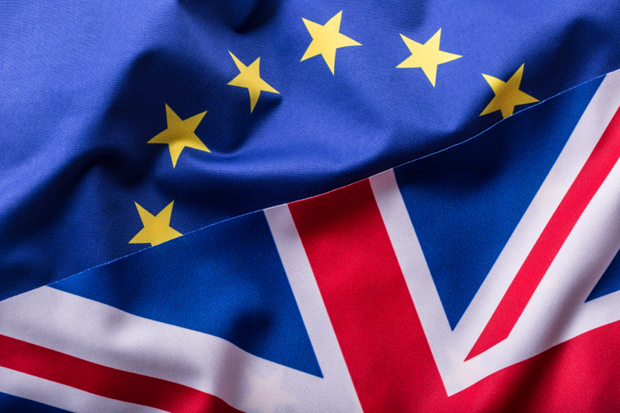 Britain voted to exit the EU, though poll data predicted a very different outcome.
Britain voted to exit the EU, though poll data predicted a very different outcome.
Britain votes to leave the European Union despite polling to the contrary. What really happened? How worthwhile is opinion polling?
In a landmark referendum, the people of the United Kingdom voted on Thursday to leave the European Union. The Brexit (Britain's exit) movement, as it has been dubbed, won by a 52% to 48% margin. The decision comes as a stunning upset, since public polling data leading up to the actual vote suggested a very different outcome. In the weeks prior to the vote, British news media reported an average of 55% public support for the UK to remain in the EU. So, what happened? How did so many pollsters and pundits get it wrong?
Flawed/Skewed Poll Data
The truth is, a poll is only as credible as the party conducting it. It's well known in politics that a poll can be engineered to return just about any desired outcome. By framing the questions in a certain way, or simply by targeting respondents in a specific geographic area, pollsters can ensure the results they want (for instance, on any given topic, a random sampling of 1,000 independent voters in New York or Los Angeles is likely to poll much differently than voters in Iowa or Mississippi). So it's possible that pollsters may have relied heavily on data derived from voters in and around globalist-leaning areas like London. After all, Londoners actually voted nearly 60% in favor of remaining in the EU (Scotland and Northern Ireland were the other major regions that voted against Brexit).
Sometimes, poll results can and do influence election results. The tail wags the dog, so to speak. And over the last 48 hours, the internet has been flooded with articles and op-ed pieces suggesting that pundits in the state-run British media (who largely favored the UK's EU membership) deliberately published polling data that favored their position in hopes of influencing the outcome of the referendum. Whether intentional or not, the polls clearly didn't represent the actual will of the people, and perhaps even inspired the silent majority to come out in force and vote for Britain's sovereignty.
So is polling worthwhile? Yes, if used for its intended purpose, which is to analyze and ascertain broader public opinion based upon a sample of the population. The best, most useful poll is the one that gives you the most accurate picture of they way people are thinking, even if the results don't align with your preferred outcome. Polling data that shows your opinion in the minority is a clear indicator that you have more work to do to rally people to your cause; either you must spread your message more broadly or improve your argument.
Simply put, the most valuable poll is the one that tells you what you need to know, not necessarily what you want to hear.
